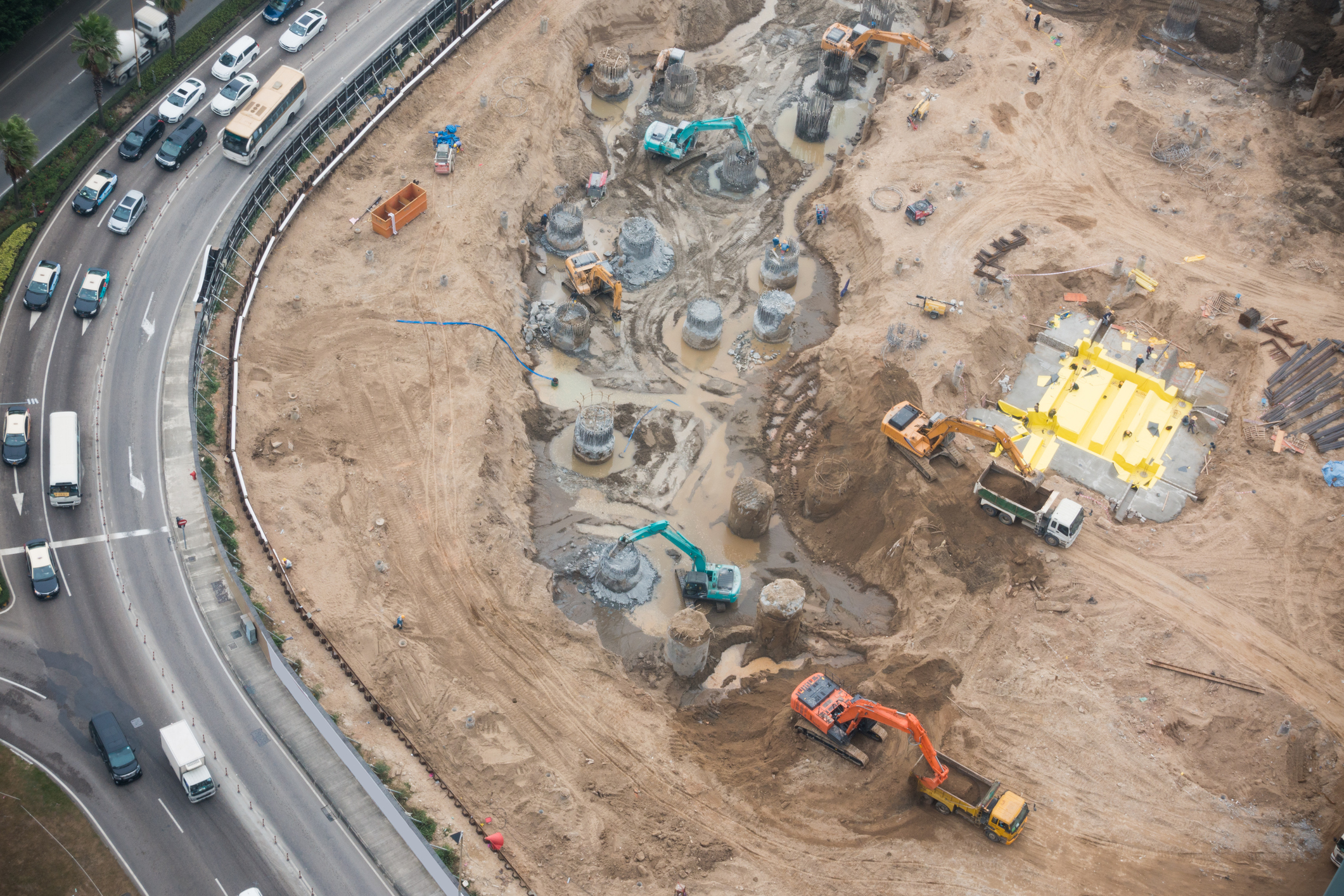Are Your Site Vehicles Properly Insured?
Sometimes overlooked on construction sites, you may require additional insurance for your site vehicles.
If one of your construction site vehicles is involved in an incident which causes property damage or injury to an employee or third party, you could be relying on your insurance to cover the costs. Make sure your vehicles and equipment are correctly insured to avoid a costly mistake.
Construction vehicles and mobile equipment, from truck-mounted cranes to mobile elevated work platforms, can all be insured under a Contractors All Risks policy, whether they are hired-in or owned by you.
However, further insurance may be required. Here’s what you need to know:
A Works Truck is defined as a goods vehicle which is constructed or adapted to convey goods on private premises. It may be used on public roads only for:
- Carrying goods between private premises and a vehicle on the road in the immediate vicinity; or
- Passing between one part and another or to other private premises in the immediate vicinity; or
- In connection with road works at or in the immediate vicinity of the site of such works
Number plates must be displayed while on public roads. The minimum insurance requirement is third party liability insurance.
According to the Vehicle Excise and Registration Act (VERA) 1994, a forklift truck (FLT) is classed as a Works Truck. It’s often overlooked that you may need additional insurance to drive an FLT on the road.
If an FLT is to travel more than 1,000 yards on a public road, it must comply with the Road Vehicles (Construction & Use) Regulations 1986 meaning it must be taxed in the relevant class, correctly registered and insured.
If you are moving it less than 1,000 years on a public road, between sites or crossing public highways, there’s special dispensation – however it must still be registered and insured. This insurance is further to your Contractors All Risks policy, which probably only allows use on-site.
Failure to follow guidelines could invalidate company insurance and result in penalty points for the driver, or even civil/police actions.
For more information, talk to your broker at GR Marshall.

